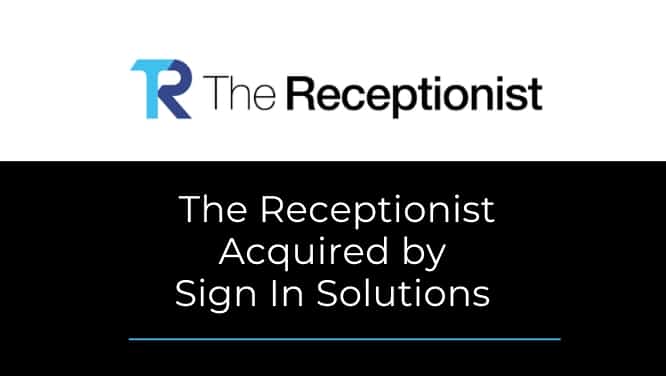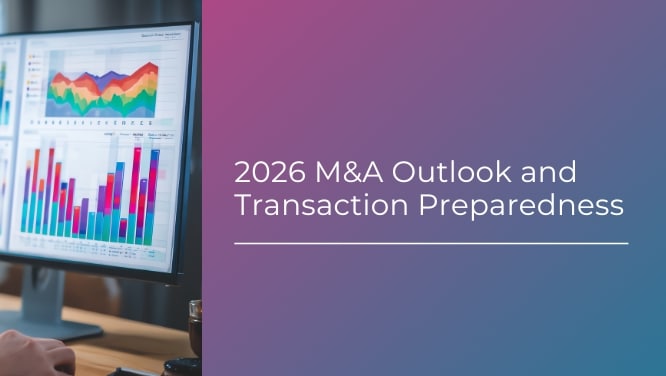Startups: Navigating Early-Stage Financing Options

- Kevin Gibson
- |
- May 26, 2022
Next to building products and making important early hires, securing and understanding funding options is a significant checklist item for founders that can make or break the sustainability of their company. In fact, a recent study examining startup post-mortems found that running out of cash or failing to raise new capital is the top reason startups fail.
And although we’re fresh off the heels of a record year for startup funding and investment, the current global economic environment has entrepreneurs facing the unease of a bearish market and shifting investor expectations. The good news is there are more funding options than ever for startups to consider, and downturns have historically offered unique opportunities for startups to succeed. But not all funding options are created equally.
Here, we review three types of early-stage financing and outline the pros and cons of each for founders and investors.
Convertible Note.
As the name implies, a convertible note is a debt financing instrument that converts to equity when a startup’s next equity funding round closes. They are often favored for speed, relatively low cost and, while a bit more cumbersome to put together than SAFEs, convertible notes are still relatively easy to put in place. Convertible notes have been around for decades, so they are generally a more familiar and comfortable option for investors. With more investor-focused protections than SAFEs, convertible notes are an appealing way for seed investors to invest in a startup early on. Like a SAFE, convertible notes may allow founders more flexibility on pricing and valuation early on, which can be especially important if founders think they’ll be worth significantly more in the future.
The downsides to convertible notes largely impact the startup. At the end of the day, a convertible note is debt and comes with features such as interest rates and maturity dates. And, if a startup is unable to convert the note into equity or pay back the loan, the remedies can be very painful for the company, including defaults or bankruptcy.
Simple Agreement for Future Equity (SAFE).
Created to be a more founder-friendly version of a convertible note, SAFEs can be seen as a relatively quick and easy way for startups to seek and obtain early-stage financing. A SAFE is not a loan, but rather an agreement between a startup and an investor that essentially gives the investor a right to future equity based on the amount invested when a triggering event occurs (i.e., a financing round). Introduced by Y Combinator nearly a decade ago, the latest SAFE agreement is available to anyone via an open-source document. SAFEs are generally the easiest and most affordable type of early-stage financing to put into place—and are popular in Silicon Valley and other startup circles due, in part, to this accessibility.
For investors, a SAFE enables them to purchase a future stake in a startup’s equity, thereby managing upside risks. From the company’s perspective, SAFEs:
- remove the negatives of a convertible note since there is no accrued interest or maturity date
- allow founders to raise funds without a set valuation; and
- typically do not cede any company control (such as voting rights or board seats) to investors.
However, while growing in popularity, there are disadvantages with SAFEs that are worth noting. First, SAFEs have not yet become ubiquitous—particularly outside of tech havens—which can mean that not all investors are familiar (and therefore not comfortable) with this financing option. Many startups that initially try to use a SAFE meet issues with investors and, ultimately, end up having to go in a different direction.
SAFEs can also be almost too easy to use, akin to a credit card: some startups use them inappropriately without forethought or understanding for future ramifications. SAFEs serve as a placeholder for a future equity financing, and are intended to eventually turn into equity, but particularly when a company issues a high number of SAFEs, it may complicate or jeopardize that future equity financing.
Priced Equity Round.
As opposed to convertible notes and SAFEs, in a priced equity round, investors are able to purchase newly issued stock in a startup, at an agreed-upon price. This is often the preferred route for venture capitalists and other big institutional investors because it provides more protections and rights. For founders, cap tables are much cleaner, because they know exactly how much equity is owned by whom and for what price.
However, compared to the other financing options, priced equity rounds come with the most friction, are the most expensive and take the longest because there are more documents with more terms to negotiate. A startup’s valuation is also set at the time of the priced equity round, so it may not be the best route for those who think they’ll be considerably more valuable in the future. Priced rounds tend to make the most sense when founders and investors are closely aligned on the company’s valuation.
Each company’s unique circumstances, from financial situation to type of entity, will inform the ultimate type of financing and structure in a particular case. Startups should work with knowledgeable legal counsel to help them navigate the best option for their business.
If you’re a founder or startup with questions about how to navigate early-stage financing options or want to get a more in-depth understanding of how these options will work for your business, contact a KO attorney for more information.
Kevin Gibson is a partner at KO Law Firm who focuses on the representation of emerging growth companies, as well as leading angel and venture capital funds in their investments in public and private companies.




